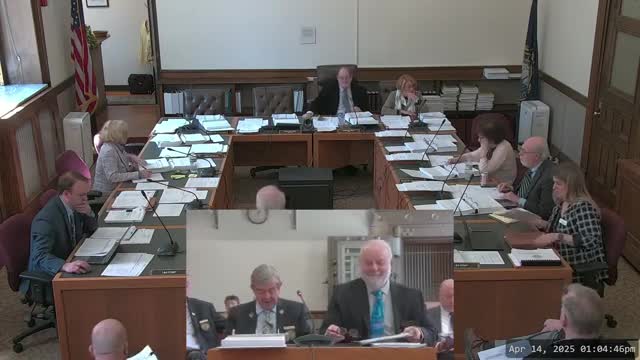Article not found
This article is no longer available. But don't worry—we've gathered other articles that discuss the same topic.
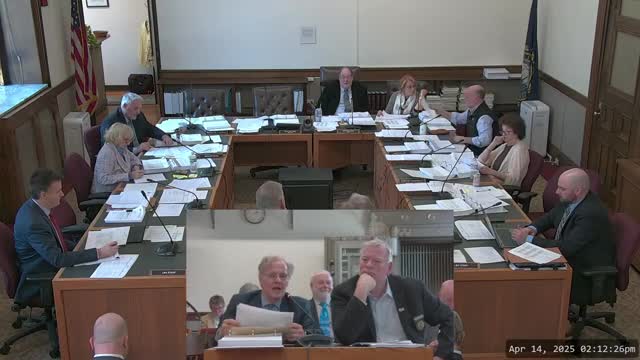
House limits some recent education formula increases, creates 'fiscal-capacity' aid and reroutes lottery revenue to education
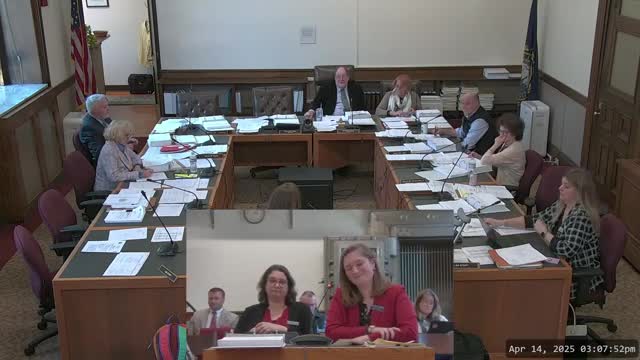
House applies 5% administrative assessment to many dedicated funds; regulated agencies and LBA flagged small and uneven impacts
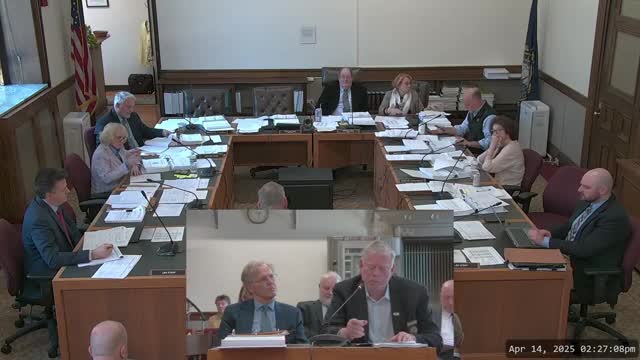
House cuts force Division 3 priorities; House leaders warn 3% Medicaid rate reduction could harm provider capacity
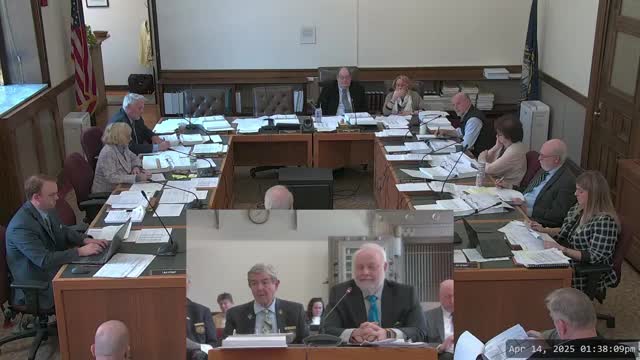
Legislators wrestle with size, timing of YDC settlement funding; attorneys and outreach cited as complicating factors
